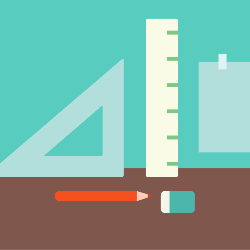An important issue for many economic experiments is how the experimenter can ensure sufficient power for rejecting one or more hypotheses. Here, we apply methods developed mainly within the area of clinical trials for testing multiple hypotheses simultaneously in adaptive, two-stage designs. Our main goal is to illustrate how this approach can be used to improve the power of economic experiments. Having briefly introduced the relevant theory, we perform a simulation study supported by the open source R package asd in order to evaluate the power of some different designs. The simulations show that the power to reject at least one hypothesis can be improved while still ensuring strong control of the overall Type I error probability, and without increasing the total sample size and thus the costs of the study. The derived designs are further illustrated by applying them to two different real-world data sets from experimental economics.
翻译:对于许多经济实验来说,一个重要问题是实验者如何确保足够的力量来拒绝一种或多种假设。在这里,我们应用主要在临床试验领域开发的方法,在适应性、两阶段设计中同时测试多种假设。我们的主要目标是说明如何利用这种方法来提高经济实验的力量。我们简要介绍了相关理论,进行了由开放源R软件包支持的模拟研究,以评价某些不同设计的力量。模拟表明,至少拒绝一种假设的力量可以改进,同时仍然确保严格控制总体类型I误差概率,同时不增加总样本规模,从而增加研究成本。通过将其应用于实验经济学中两种不同的真实世界数据集来进一步说明由此产生的设计。





